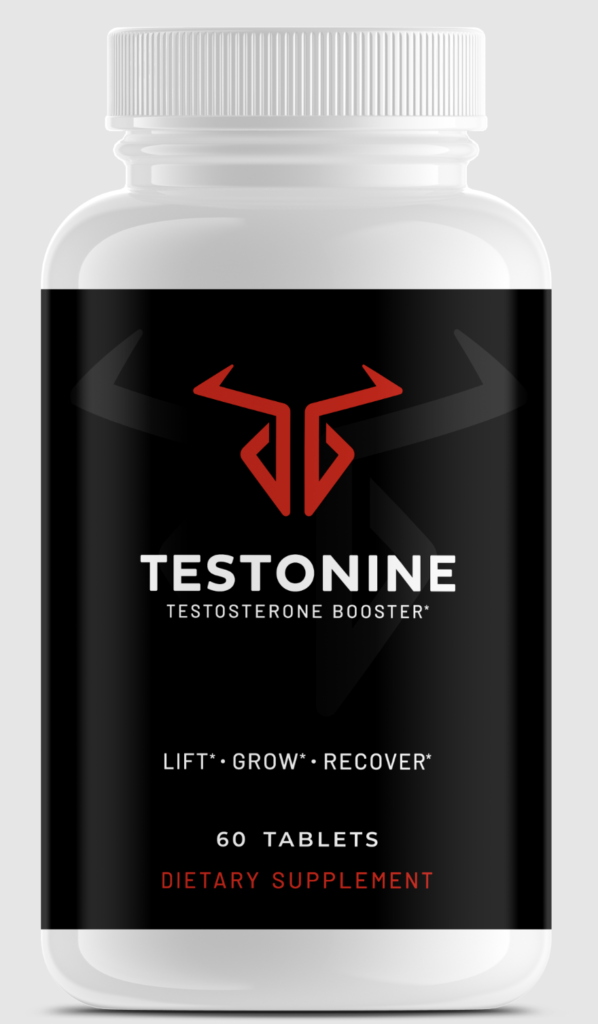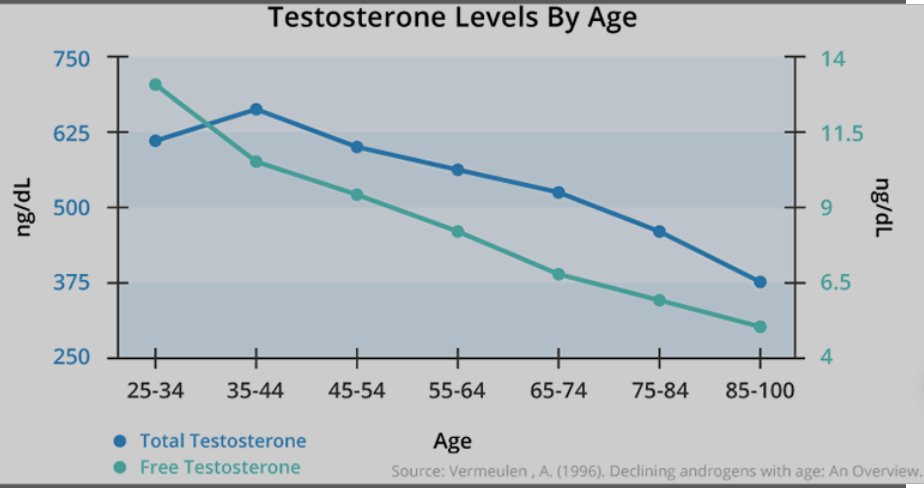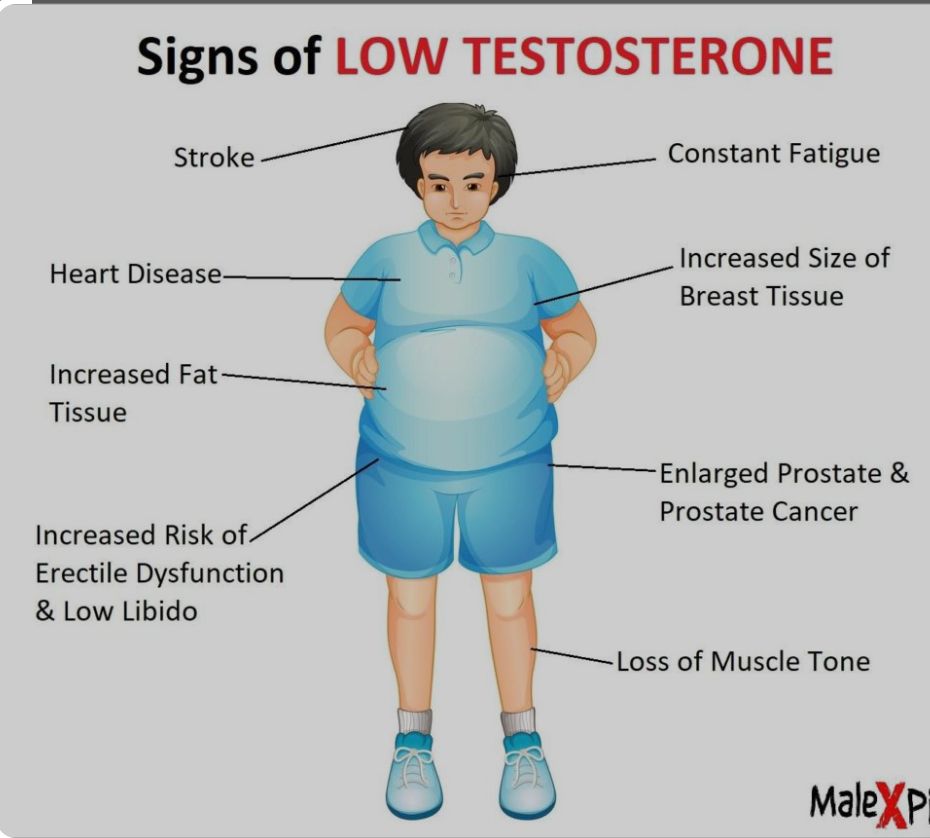
Testosterone is not only crucial for overall health but also plays a significant role in fitness and muscle building. It aids in muscle mass development, strength, and recovery. However, various factors can lower testosterone levels, impacting your fitness goals. Here are ten things that can lower testosterone and advice on maintaining optimal levels to enhance muscle building.
Testosterone Boosters

1. Chronic Stress
Chronic stress leads to high cortisol levels, which can inhibit testosterone production. High cortisol can impede muscle growth and recovery. Manage stress through techniques such as mindfulness, meditation, and engaging in relaxing activities. Incorporating yoga or deep-breathing exercises can also be beneficial.
2. Poor Diet

A poor diet lacking essential nutrients can harm testosterone levels and muscle growth. Ensure your diet includes:
- Lean proteins: Chicken, turkey, fish, and plant-based proteins like beans and legumes.
- Healthy fats: Avocado, nuts, seeds, and olive oil.
- Complex carbohydrates: Whole grains, vegetables, and fruits.
Including zinc and vitamin D-rich foods like lean meats, dairy, and fortified cereals can also support testosterone production.

3. Lack of Exercise
Physical inactivity can decrease testosterone levels. To boost testosterone and build muscle, engage in:
- Strength training: Focus on compound movements like squats, deadlifts, and bench presses.
- High-Intensity Interval Training (HIIT): Short bursts of intense activity followed by rest can significantly increase testosterone.
4. Obesity

Excess body fat, especially around the abdomen, lowers testosterone and hinders muscle growth. Focus on a balanced diet and regular exercise to maintain a healthy weight and improve hormone levels. Cardiovascular exercises combined with strength training can help reduce body fat effectively.
5. Sleep Deprivation
Quality sleep is vital for testosterone production and muscle recovery. Aim for 7-9 hours of uninterrupted sleep per night. Establish a regular sleep routine, avoid caffeine and electronics before bedtime, and create a comfortable sleep environment to improve sleep quality.
6. Alcohol and Drug Use
Excessive alcohol and drug use can impair testosterone production and muscle growth. Limit alcohol intake and avoid recreational drugs to maintain healthy hormone levels. If you consume alcohol, do so in moderation, and opt for lower-alcohol options.
7. Medications
Certain medications can lower testosterone levels, affecting muscle building. If you are on medications like opioids or glucocorticoids, consult your healthcare provider. They can discuss potential alternatives or solutions to mitigate their impact on testosterone.
8. Environmental Toxins

Exposure to toxins like BPA and phthalates can disrupt hormone levels. Reduce exposure by:
- Choosing BPA-free products.
- Avoiding plastic containers for food storage.
- Using natural cleaning products.
Minimizing contact with environmental pollutants can help protect your hormonal health and support muscle growth.
9. Excessive Endurance Training
While exercise boosts testosterone, excessive endurance training can elevate cortisol and lower testosterone, negatively impacting muscle mass. Balance endurance activities with strength training and ensure adequate recovery time. Incorporate rest days and consider cross-training to avoid overtraining.
10. Aging
Aging naturally leads to a decline in testosterone levels. However, maintaining a healthy lifestyle can slow this decline. Continue regular strength training, eat a nutrient-dense diet, manage stress, and ensure sufficient sleep to support testosterone levels as you age.

Conclusion
For optimal muscle building, maintaining high testosterone levels is essential. By addressing the factors that lower testosterone and adopting healthy habits, you can support your body’s natural hormone production. Regular strength training, a balanced diet rich in essential nutrients, adequate sleep, and stress management are key strategies to keep testosterone levels high and achieve your fitness goals. If you suspect low testosterone levels, consult a healthcare professional to discuss appropriate testing and potential treatments. Taking proactive steps today can lead to better muscle gains and overall health.
